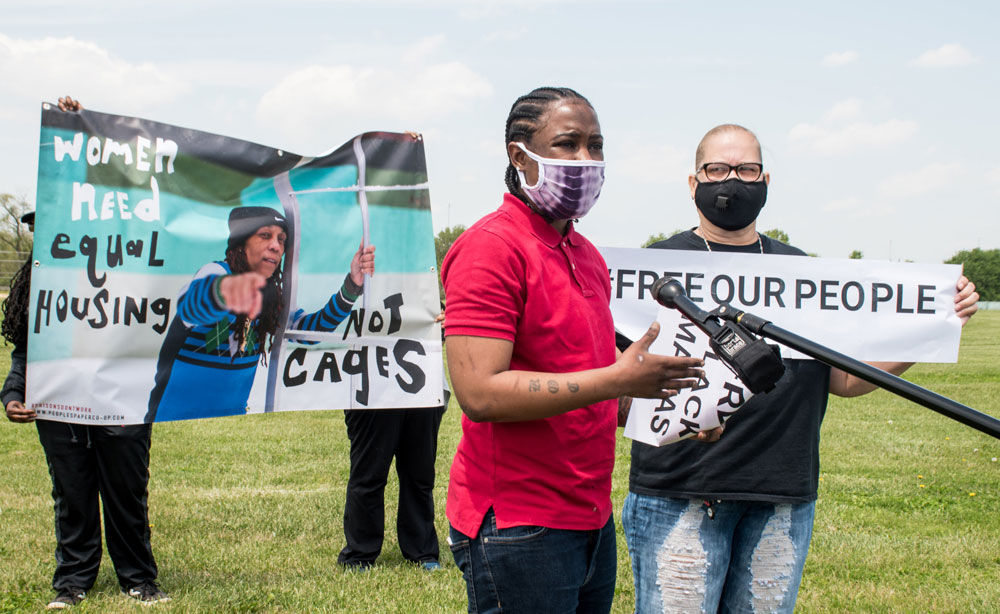
June 4, 2020; CBS4Indy
As protesters continue to stand up against racism and police violence across the country, supporters look to make donations for the cause. Through Twitter and other social media platforms, community bail funds throughout the country have been a popular choice for donations big and small. And for good reason—over 10,000 people have been arrested in protests across the country, mostly for low-level offenses like curfew violations or failure to disperse.
In many cases, these community bail funds were originally set up to not only help pay bail for those who can’t, but also to work to end the money bail system, a system that disproportionately harms low-income people of color.
Six out of 10 people in US jails are awaiting trial despite being innocent until proven guilty. Bail is set by a judge who can raise, lower, or waive the standard amount based on the details of an individual case, so the total amount can vary greatly. African American men receive bail amounts 35 percent higher than white men charged with the same crimes and with the same criminal history.
Those who can’t pay often stay in jail for months or even years. One study found that pretrial detention increases someone’s likelihood of being convicted by 13 percent, mostly due to an increase in guilty pleas from defendants who otherwise would have been acquitted or had their charges dropped. The study also found a 42 percent increase in the length of their incarceration sentences.
Sign up for our free newsletters
Subscribe to NPQ's newsletters to have our top stories delivered directly to your inbox.
By signing up, you agree to our privacy policy and terms of use, and to receive messages from NPQ and our partners.
The need to get as many people out of pretrial detention through payment of bail intensified as COVID-19 began to spread among prison populations. Now, many bail organizations are also focusing on assisting arrested protesters.
The Minnesota Freedom Fund was asked to assist with bailing people out who have been jailed for protesting for justice for George Floyd in Minneapolis. Several states have passed bail reform laws that take away cash bails for low-level offenses, but not in Minnesota. The organization is run by Tonja Honsey, the first formerly incarcerated woman to be appointed to the Minnesota Sentencing Guidelines Commission.
“I know from my experience every time that I had been in jail, if I had one person fighting for me on the outside it would have changed my life,” Honsey shared with the Star Tribune. “So I vowed to be that one person.”
Check your local area for organizations providing bail support for people in pretrial detention, including those arrested during protest.—Julie Euber













